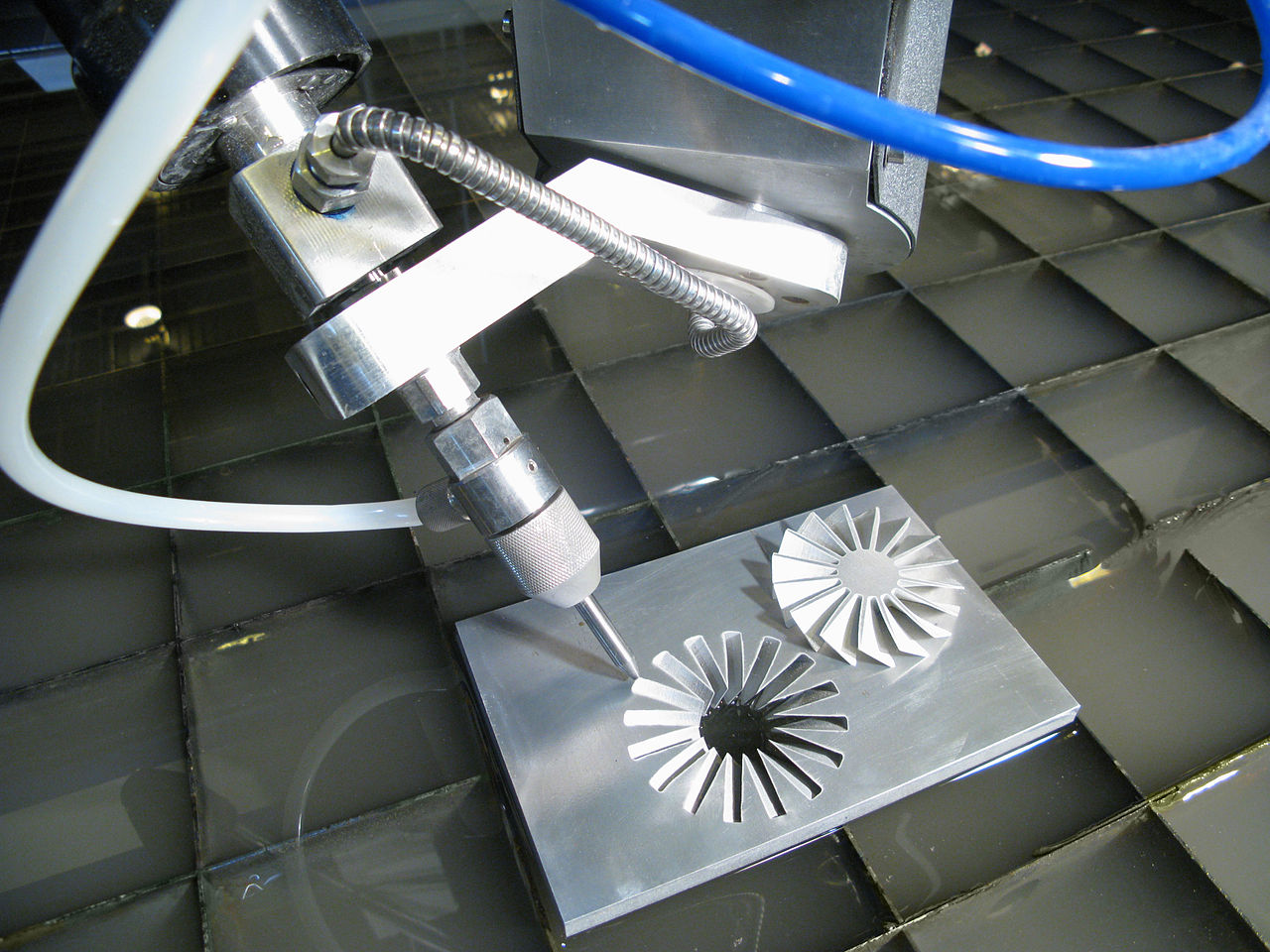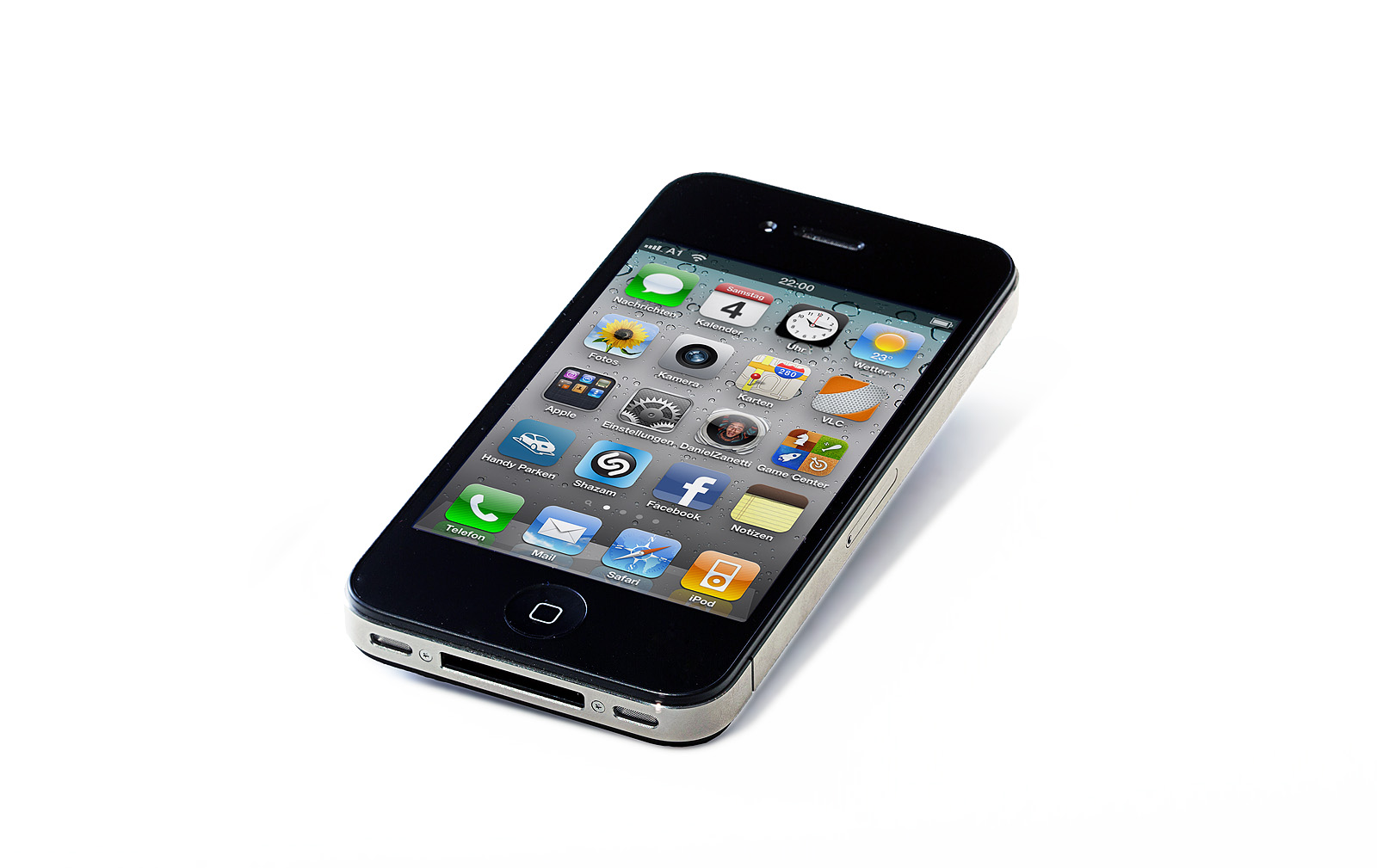In the early days of the tablet, there was a perception among some people that it wasn't entirely clear what they were for. Were they supposed to be a giant phone? Or a lightweight computer? How were you supposed to hold them? Why wouldn't they stand up on their own?
Browsing On The Go
Now, mobile (tablet and smartphone) use is overtaking desktop computer use, and a large part of the reason is ease of operation, coupled with some truly innovative design, both in terms of hardware and the
The Vatican and NTT Data are taking on a massive project that will revolutionize how knowledge is conveyed and shared for future generations to come. NTT data has implemented their unique technology to digitize the priceless collection of knowledge that the Vatican Library holds to be accessible from anywhere in the world.
The Vatican Library is one of the largest and most important collections of historic works of writing, manuscripts and artwork in the world. It has been one of the most
As we move towards the middle of the 2010's smartphone technology has advanced by leaps and bounds. While mobile phones were once only used to call and text people while on the go, they have now become the Swiss Army Knife of the 21st century.
People center their whole lives around their phone, and often feel a profound sense of loss when they break, or get lost/stolen. This trend is set to accelerate even further in the coming years as mobile payment apps stand ready to replace your credit
With the recent release of Google Glass to the general public after a period of invitation-only beta testing, techies everywhere are rejoicing, but some are understandably hesitant to part with the cash for yet another smart device. After all, in a world with desktops, laptops, tablets, smartphones and smartwatches, why would having another computer be useful to the common consumer?
Being the world's first true leap into the universe of augmented reality, Google Glass, after one gets past
Ever since the dawn of computing, clunky interfaces have made the user experience a challenging prospect. While they had come a long way from the days when mainframe CPU's filled entire rooms, desktop computers still required one to close themselves off in a specific place away from most people when being engaged by the user.
Even today, most laptops are heavy, hot, and stand out obtrusively in social situations. However, with the creation of the iPad and subsequent emergence of Android-powered
For years now, the defining feature of the next generation of TV's has been a sharper picture. From flat screen LCD's, to HD televisions that have offered 720p, 1080p and now 4K in picture resolution. While 8K is on the horizon, TV makers are beginning to exhaust the low hanging fruit on the picture sharpness front.
As such, other aspects of the viewing experience are due for some massive improvements, which will be rolled out to consumers in the next several years. In this article, we will
These days, most people that have a cell have a smartphone that runs on the software made by one of two major players: Android and Apple. Android is a division of Google that has a loyal group of adherents that worship the companies' internet and information savvy mindset, while the iPhone has its own group of dedicated users that cite Apple's user friendly and design centred mindset when it comes to its products.
So, if you are consciously considering getting a smartphone, who do you go with?
With the prolonged economic stagnation that has plagued Main Street America in the wake of the Great Recession, it is easy to give up hope of a better future ever arriving on our shores. Indeed, the outsourcing of manufacturing to the developing world has permanently moved the mass production engines of industry to nations that can out-compete us on cost, who pay their workers a tiny fraction of what labor costs here at home.
Short of allowing this nation to slowly decline to the point where living
















